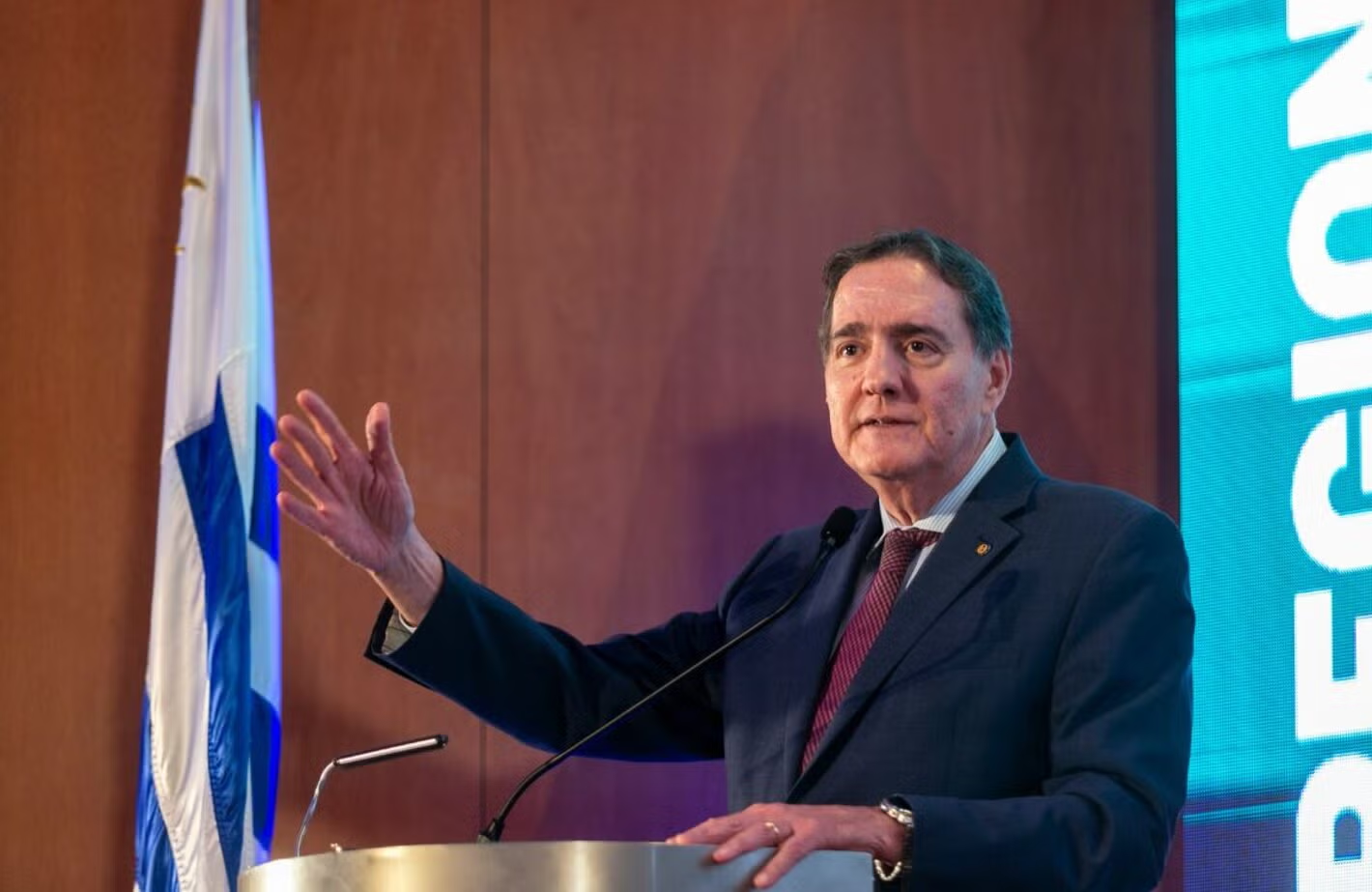
Washington DC, 6 December 2023 (PAHO) – The Regional Forum “Alliance for Primary Health Care in the Americas”, organized by the Pan American Health Organization (PAHO), concluded today in Montevideo, Uruguay. The event brought together experts who discussed best practices and tools supporting investment, innovation, and implementation of Primary Health Care in the Region. More than 245 representatives from 35 countries around the world participated in person.
During the Regional Forum, PAHO, the Inter-American Development Bank (IDB), and the World Bank (WB) launched the Alliance for Primary Health Care in the Americas, a collaboration to boost investment, innovation and implementation of policies and initiatives aimed at transforming health systems in the region with a focus on primary health care.
"This Alliance represents a historic opportunity for our Region. We've not witnessed such a moment in the past where these three organizations converge on a common objective," stated PAHO Director Dr. Jarbas Barbosa at the closing ceremony. "Not only do the organizations align, but also the countries; and their strong interest in fortifying PHC marks as a priority in technical cooperation," he added.
The Regional Forum offered plenary sessions, dialogues, and workshops dedicated to the Alliance's three pivotal elements—investment, innovation, and implementation. Discussions on investment underscored the crucial need to enhance and improve public health financing prioritizing a PHC approach, and to adapt and reinforce investment plans to address local health needs. This encompasses investments directed towards fortifying first level of care within health service networks and other structural components of health systems, including the workforce.
Innovation emerged as another key focal point during the three-day event. Discussions centered on digital transformation, new paths of opportunity for PHC development, and innovative approaches in integrating the approach to communicable and non-communicable diseases in PHC. Experts emphasized the importance of aligning health service organization with the priority needs of the population, fostering a more comprehensive and effective approach.
Moreover, experts deliberated on implementation of PHC from the standpoint of territorial and social equity. The final day featured workshops on: developing PHC training programs for person-centered care models, managing integrated health services networks in PHC, and the use of technical cooperation tools to advance PHC.
Dr. Barbosa, in concluding the event, highlighted the forthcoming steps, whereby the three organizations will work jointly with countries, focusing on policy dialogue and investment planning action to strengthen PHC in the Region. It was also announced that the Alliance aims to begin collective action in six countries in Latin America and the Caribbean in 2024. The immediate priorities include integration of initiatives such as disease elimination, non-communicable diseases, addressing maternal mortality, and improving access to sexual and reproductive services through a Primary Health Care approach.
"This Alliance will require close coordination among institutions, prioritizing work tailored to the unique needs of each country and operating under the leadership and guidance of countries," remarked Dr. Barbosa.




